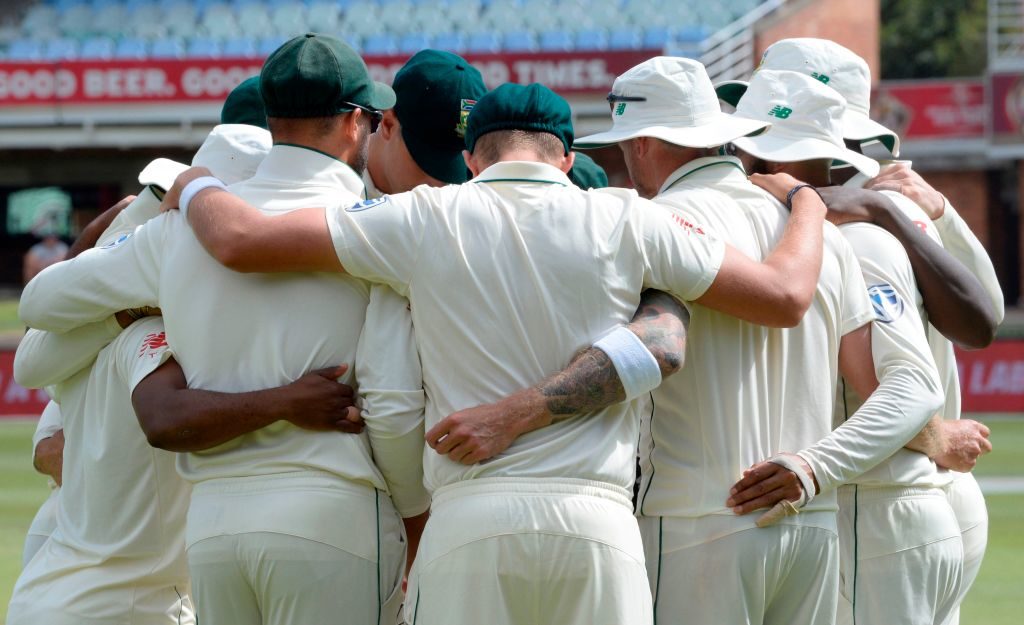With 17 days to go before the Proteas play their first Test, they still have no captain. More concerning is that there are no obvious candidates, writes RYAN VREDE.
This past year has been a mess for Cricket South Africa, most of it due to its own incompetence. The playing side of things hasn’t helped much either. The Proteas – in a period of rebuilding across all formats following the retirement or waning of powers of previously key players – have lost more than they’ve won in that period.
They’ve been particularly poor in the little Test cricket they’ve played, being whipped by England in January, with very few players acquitting themselves well on a consistent basis.
Their challenges in red-ball cricket were compounded by Faf du Plessis stepping down as skipper. While Du Plessis’ form last summer wasn’t good, he remained an asset as captain in the context of a relatively inexperienced team.
As the search for his replacement began, director of cricket Graeme Smith ruled Quinton de Kock, the team’s white-ball skipper, out of the running for the job saying: ‘The one thing I can confirm is that Quinton will be our white-ball captain and he won’t be the Test captain going forward.
‘We want to keep Quinton fresh and playing well. I’ve always believed, having been in the job myself, that captaining all three formats is challenging. We’ve seen a number of nations trying to figure out what’s best and I think across three formats, it probably doesn’t work.’
There hasn’t been any indication of who will succeed Du Plessis, neither are there any obvious candidates. This is a cause for deep concern.
A couple of weeks ago I wrote that Dean Elgar is the most suitable of the pool of candidates which, many respected cricket writers have speculated, includes Temba Bavuma and Rassie Van der Dussen, among others. I argued that Elgar’s grit was a characteristic an inexperienced squad needed in this phase of their development. I don’t think that Elgar is an obvious choice, but I do think he is the best one under the circumstances.
His form has dipped since he scored a century in the opening round of the 4-Day Franchise Series, though. This while another candidate, Aiden Markram, has score three consecutive centuries. With that, Markram has not only strengthened his case for a national recall (he was injured in December 2019 and hasn’t played for the Proteas since) but also given the selectors pause for consideration in the captaincy context.
The possibility exists that the selectors will install a temporary captain for the Sri Lanka (two Tests), Pakistan (two Tests) and Australia (three Tests) series. Following the conclusion of the Australia series in March 2021, the Proteas don’t play Test cricket again until late December of that year. The thinking could be that they get through those series and buy themselves some time to make a decision on a long-term appointment.
Their decision-making won’t yet be complicated by political intervention on the transformation front. Multiple reports have indicated that the government is pressuring CSA to include a wider quota of black players, specifically more black Africans. However, the interim board has confirmed that the current status quo remains for the foreseeable future. The Proteas selectors are subject to a system of measurement – which is calculated on average over the course of a season – that requires them to field a minimum of six players of colour, of whom two are black African.
I don’t see the selectors going with a black captain. There are no strong candidates. Kagiso Rabada has no appetite for the job. Keshav Maharaj’s selection depends too heavily on whether the wicket is conducive to spin.
It would be a bold move to appoint Bavuma, given that he has struggled for form, passing 50 only twice in the last 17 innings. His highest score in his last 10 Test innings has been 38. However, by that standard Markram, who has had similar struggles, should not be considered, either.
This all underlines the complexity of the pick. Nonetheless, Smith and co have to move swiftly to appoint their man, whether it be on a temporary basis or long term.
The successful candidate is already under severe time pressure. Given that he will inherit a team in transition, every second counts.







